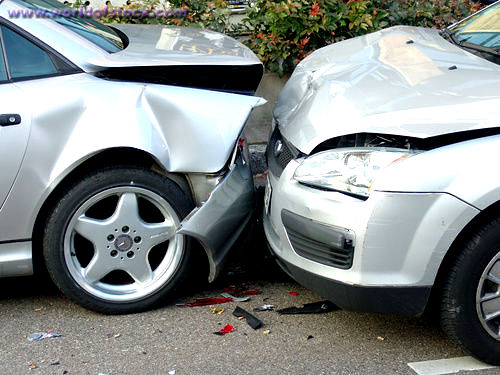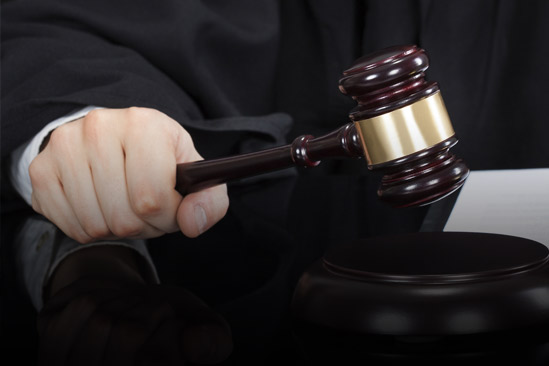 Motorcycle accident lawyers in Miami come across this issue all the time. What kind of insurance should I get for my motorcycle? If you own a motorcycle, the most important insurance coverage you should have is uninsured motorist coverage.
Motorcycle accident lawyers in Miami come across this issue all the time. What kind of insurance should I get for my motorcycle? If you own a motorcycle, the most important insurance coverage you should have is uninsured motorist coverage.
If there is a motorcycle in your life – you, your spouse, your kids, your parents, even your grandparents – then you probably understand there is a risk. Especially in Miami. If you or a loved one is in a motorcycle accident, then two things are likely to happen. The injuries will most likely be significant or even fatal. Second, there is a very good chance the other driver will have little or no insurance. Those are just facts of life. Especially in Miami.
Motorcycle accident injuries can be severe. The simple fact is as a motorcyclist, you don’t have the protections that vehicle drivers have. You are directly exposed to the impact and the elements. In some unfortunate and heartbreaking cases, the motorcyclist is killed and a wrongful death case is brought on behalf of the survivors. In almost every motorcycle accident case, the medical expenses are astronomical in addition to the lost wages, loss of future earning capacity as well as pain and suffering.
 Miami Personal Injury Attorney Blog
Miami Personal Injury Attorney Blog



 Let’s start with the assumption that you are well-educated and charming. You are board certified and have all the specialist certifications anyone in your field could hope to have in a lifetime. You love your family and your country. You know your field. People call you an expert and seek your opinion. So, does that mean you are ready to be an expert witness? Not necessarily.
Let’s start with the assumption that you are well-educated and charming. You are board certified and have all the specialist certifications anyone in your field could hope to have in a lifetime. You love your family and your country. You know your field. People call you an expert and seek your opinion. So, does that mean you are ready to be an expert witness? Not necessarily. Most of us have ordered the specials at our favorite Chinese restaurant. You get to pick and choose from a variety of choices. Usually you pick a soup from column A. Then another choice for appetizer from Column B. Then yet another choice for the main course from Column C. You get to pick and choose. In a premises liability trial, the defense will usually present a Chinese menu of defenses and offer the jury a variety of ways to deny the injured person a full, fair and complete recovery. The
Most of us have ordered the specials at our favorite Chinese restaurant. You get to pick and choose from a variety of choices. Usually you pick a soup from column A. Then another choice for appetizer from Column B. Then yet another choice for the main course from Column C. You get to pick and choose. In a premises liability trial, the defense will usually present a Chinese menu of defenses and offer the jury a variety of ways to deny the injured person a full, fair and complete recovery. The  If you are driving a car and you rear end another vehicle, is it automatically your fault? The short answer is no. There are certain facts that may help you prove that the rear end car accident is not your fault.
If you are driving a car and you rear end another vehicle, is it automatically your fault? The short answer is no. There are certain facts that may help you prove that the rear end car accident is not your fault. The
The  Can I get the other side to pay my attorney’s fees in my Miami car accident case? The answer is sometimes, yes.
Can I get the other side to pay my attorney’s fees in my Miami car accident case? The answer is sometimes, yes. A Miami jury split the fault in a
A Miami jury split the fault in a